How Do I Register a Limited Company in the UK?
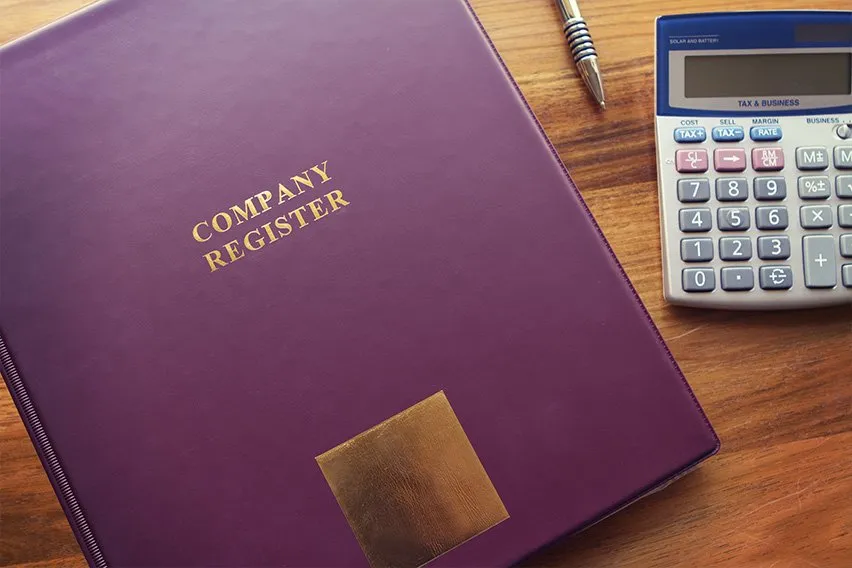
Registering a limited company in the UK requires attention to detail. There are strict legal requirements that involve accurate submissions to the correct government departments. Before you set up a limited company, you should discuss all the business structure options with your accountant and legal adviser. It may be that another format will be better for your business.
Here’s What We’ll Cover:
Can You Run a Business Without Registering It in the UK?
Different Types of Limited Companies
How Do I Set up a Company in the UK?
Can Someone From Outside the UK Set up a Business Here?
Companies House Online Registration
Do I Have to Register With Companies House Online?
Can You Run a Business Without Registering It in the UK?
You don’t have to register your business as a limited company in the UK. If you work as a self-employed sole trader, then you don’t have to register with Companies House. This is a different type of business structure that has its own set of rules.
For example, you do have to register for self-assessment with HM Revenue and Customs (HMRC). This is how you declare your sole trader income, pay the correct amount of tax on your profits and pay your National Insurance contributions. Also, when your taxable turnover reaches £85,000, you need to register for value added tax (VAT).
So even if you decide that the limited company formation isn’t the best thing for you, there are other official regulations to follow.
At least you can rest easy knowing that FreshBooks accounting software has all the tools and data you need to monitor your business as it thrives—no matter what company formation you decide on.

Different Types of Limited Companies
There are two different types of limited company formation. You need to decide which company formation is the best fit for you. The main defining feature is that one is for-profit and the other is not-for-profit.
Limited By Shares
Limited by shares companies are a separate legal entity with a financial set-up that’s separate from its directors’. It has shares that are owned by its shareholders and, after tax, keeps its profits.
Limited By Guarantee
A limited company that is limited by guarantee has a guaranteed amount, and guarantors—instead of shareholders—with shares. It’s not-for-profit and reinvests any money made back into the company. It also has its own legal status distinct from its owners, including its financial situation.
How Do I Set up a Company in the UK?
There are several steps that you need to take when setting up a limited company in the UK. They are not particularly difficult in themselves, but you do need to pay attention to every regulation. There is no guarantee that your submission to become a limited company will be accepted. But making sure that you’ve stuck to all the following rules during the process makes success more likely.
Naming Your Company
There are several things to consider when you choose your company name. You can’t have the same name as an existing trademarked company. You can check the government’s Intellectual Property Office list to be sure.
Your company name is not allowed to contain any profanity, rude or otherwise offensive language. A name that’s very similar to another registered company name will be rejected: For example, if you just make something plural, or add an apostrophe. Companies House has a handy, free name-checker tool to help you.
Bear in mind that you don’t have to use the same name to trade under. You can have your registered company name, and have different trading names that align with different services or products. This is known as a business name and they can’t have your ‘Ltd’ suffix.
Registered Business Address
A limited company must have a registered business address. It’s extremely important that this is correct, for obvious reasons, and because all your official documents and communications will be sent here from Companies House and HMRC.
This can be your home address, if that’s where you’re working from. But your company’s registered office address is publicly available on the Companies House list. So you may not want to use this address for security or privacy reasons. If you have an office, you can register this address as your business address.
Another alternative is to buy a PO box. Your mail is sent to this virtual address and is forwarded to you for a fee. This gets round any concerns about using your home address and looks professional. Look for a virtual office provider to find your preferred PO box option. You need to organise all this before you try to register your company.
Your business address must be an actual physical address in the UK, with a postcode. And it must be in the same UK country as your business. In other words, if your business is operating in Wales, then your registered business address must be in Wales too.
Memorandum of Association and Articles of Association
These two documents are a legal requirement of your registration as a limited company.
Memorandum of Association
This document must be signed by all the shareholders (or guarantors) and confirms their agreement to form your limited company, under the Companies Act 2006.
It’s also their legal commitment to take at least one share in the company.
If you register your company online, this is an embedded part of the process, so you don’t need to worry about finding separate documentation. But if you register by post, you’ll need to submit a memorandum of association. The government provides a pro forma to help with this part of the process.
After submission, your memorandum of association can’t be changed.
Articles of Association
A company’s articles of association are the “written rules about running the company.” They must be read, agreed and signed by its directors, shareholders (or guarantors) and company secretary. There are ‘model’ articles of association available to use that are produced by the government. These are satisfactory for the majority of companies’ needs.
If you think your company is in a more complicated situation and needs a more individualised document, you should consult a legal professional.
People in Your Limited Company
There are several people involved in running a limited company and you need to keep accurate records on all of them.
Directors
Every limited company must have at least one company director. Legally, they are the ones responsible for running the company, and filing accounts and reports at the correct times. To be a company director, you must have a registered office address in the UK, be over 16 and not be disqualified from being a director in the past.
As a director, your name and contact details are publicly available from Companies House. This is an extremely serious role. If you don’t fulfill all your legal responsibilities, you can be disqualified from being a company director, get severe financial penalties or even face prosecution.
Company Secretary
A private limited company doesn’t have to appoint a company secretary. You aren’t allowed to be a company secretary if you have ‘undischarged bankrupt’ status or you’re the company’s auditor. You can be both company secretary and a director. Often, company secretaries share the workload of a company director.
Shareholders
Most limited companies are ‘limited by shares,’ meaning that they are owned by their shareholders. These shareholders have certain rights and responsibilities. There must be at least one shareholder. When you register your company, you must include a ‘statement of capital.’ This includes:
- All the names and details of your shareholders.
- Number and type of shares
- Total value of the shares: ‘Share capital’
- ‘Prescribed particulars’: The rights assigned to the shares for the shareholders (e.g., voting rights, how many votes they’re entitled to, share of dividends, if shares can be redeemed for money)
People with Significant Control
People with significant control (PSC) must be on your company’s PSC register and reported to Companies House. Someone is usually considered a person with significant control if they meet at least one of the following criteria:
- Own more than 25% of the company’s shares
- Have more than 25% of the company’s voting rights
- Can remove and/or appoint the majority of the company’s board of directors
It is a criminal offence to not record accurate details about people with significant control in your company.
Can Someone From Outside the UK Set up a Business Here?
There are no restrictions on the nationality or residency status of a company director, company secretary or shareholder in a UK company. The legal requirement is that the company itself has a registered address in either Scotland, Wales, Northern Ireland or England.
This isn’t tied to the residential address of the business owner. It can be a registered office address for the company, the business premises, or a PO box address.
You need to check the work visa situation between the UK and your home country to see how that might affect your ability to set up a new company. Keep in mind that you cannot earn un-taxed income in the UK. Make sure you’ve got all these details before you embark on your UK business journey.
What’s a SIC Code?
SIC stands for ‘standard industrial classification of economic activities.’ Everyone’s grateful for its acronym! A SIC code identifies the type of business your company does.
The full list is created by the Office of National Statistics, and Companies House has a condensed version for you to use during the registration process. Each industry sector is divided into different ‘descriptions’ and each description has a code. You need to include the correct code for your company.
There is a search tool at the top to save you wading through the whole list. So you can type in your product or service and get your official description and SIC code. For example, ‘ice cream’ gets the result ‘Manufacture of ice cream’ and SIC code 10520.
Companies House Online Registration
This online service is where you legally register a company with Companies House. This costs £12 and is usually confirmed within 24 hours. You can pay by PayPal, debit or credit card. Your evidence of registration is called a ‘certificate of incorporation’ and gives the birth of your business’ limited company status. It also includes the company’s unique registration number.
Before you start the process, you need to gather up some information. To register your company, you’ll need at least three pieces of evidence from the list below about you and your guarantors, or shareholders.
Personal information you will need:
- National Insurance number
- Passport number
- Town where you were born
- Phone number
- Father’s first name
- Mother’s maiden name
As your limited company is now its own legal entity, you will have to create its own separate Government Gateway identification and password. You won’t be able to use your existing personal Government Gateway account details.
You will also be registered for corporation tax with HMRC at the same time as your registration with Companies House. While you’re there, you can also register for pay as you earn (PAYE ) if your registered company has employees.
Remember that you’re counted as an employee, as well as a company director—and you may be the only person in the business.
Setting up a limited company is quite daunting and time-consuming. Unlike other government forms, this registration with Companies House does not have to be completed all in one sitting. It saves as you go, and you can return to it later.

Do I Have to Register With Companies House Online?
You don’t have to use the online registration service. In fact, if you don’t want to add the usual suffix ‘Ltd’ or have ‘limited’ in your company name, then you have to use the post option to register.
To register your company by post, you need to download, print and complete Form IN01. This way of registering your company is more expensive. You need to send a cheque for £40.00, made out to Companies House, with your completed form.
It’ll take between 8-10 days for your limited company to be registered. The address you need is printed on the form.
This does not include registering your company for corporation tax with HMRC: You’ll need to do this within three months of trading in your business.
What Are Formation Agents?
There are independent companies that specialise in company formation packages. They register a company on behalf of their client, and have approved software to send your application electronically.
Companies House has a list of agents that meet these standards but “neither warrants nor accepts any liability for the content on these websites, or for any services that they may provide.” If you want to become a limited company, formation packages might be worth considering, just to save you the time and hassle of doing it yourself.
Choosing a company formation and registering a business are not everyday tasks. Take your time. Work through each section above and gather all the information you need before you take any final decisions. You might need extra time for a specific detail, like if you want a PO box address as your registered office address.
Even deciding on a name might take a while—and then you’ve got to check it’s not already taken! It’s better to get everything straight before you start the registration process. If your application is rejected, it doesn’t mean you’re forever excluded from becoming a limited company. But it will cost you extra money and time. FreshBooks wishes you good luck and remember—we’re always here when you need us.
RELATED ARTICLES

 Can I Get a VAT Refund When I Leave the UK? Can I Get VAT Refund When I Leave UK Soil?
Can I Get a VAT Refund When I Leave the UK? Can I Get VAT Refund When I Leave UK Soil?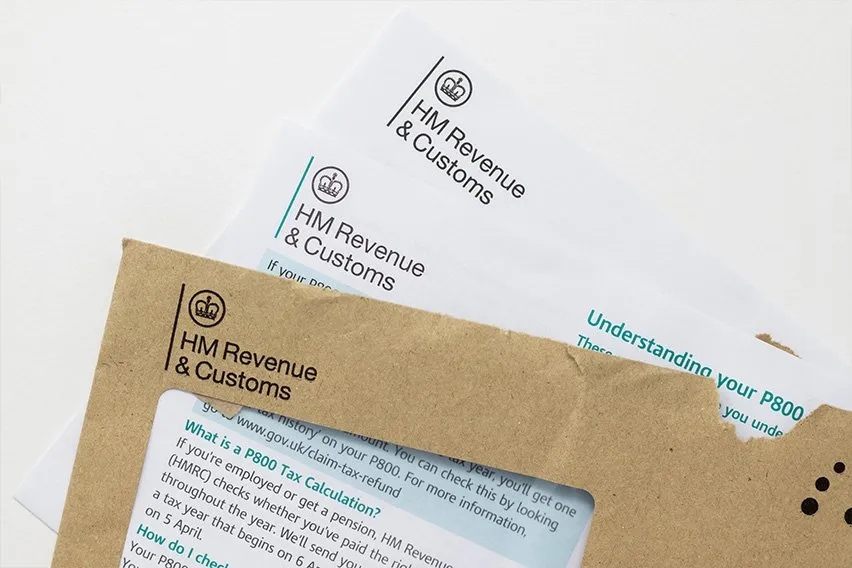 HMRC Invoice Requirements
HMRC Invoice Requirements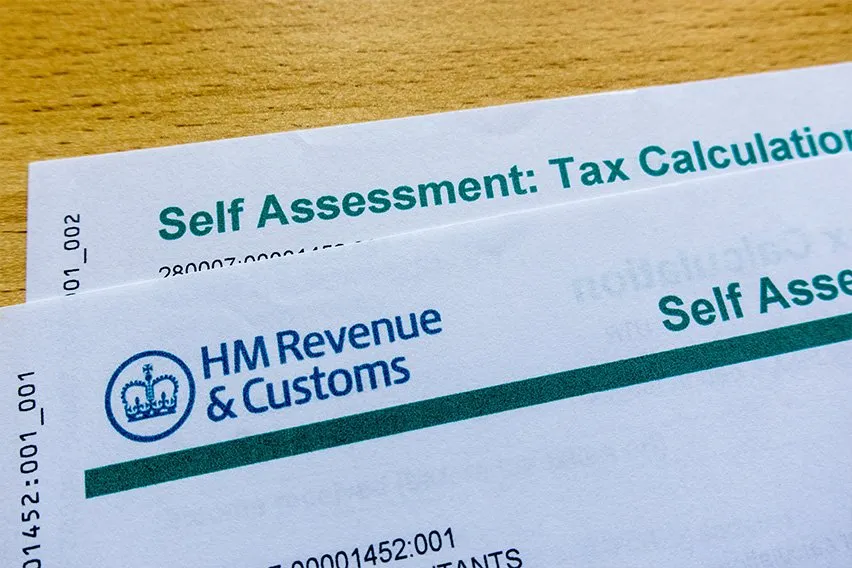 How Does HMRC Know About Undeclared Income?
How Does HMRC Know About Undeclared Income?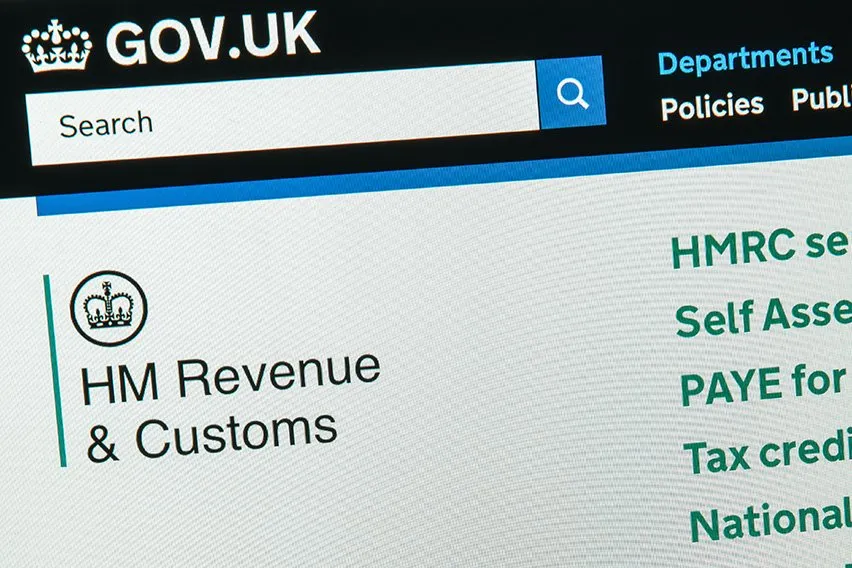 How To Contact HMRC About Tax Code
How To Contact HMRC About Tax Code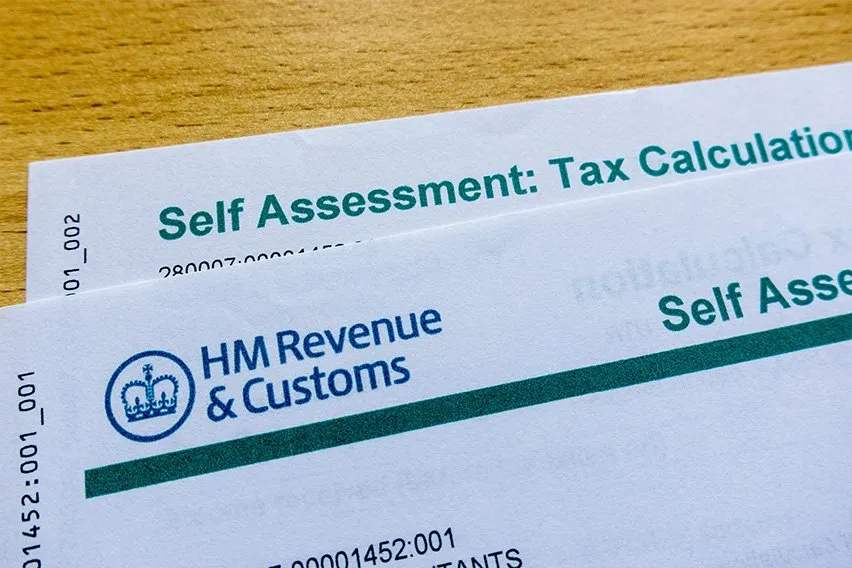 How Does VAT Work: An Overview
How Does VAT Work: An Overview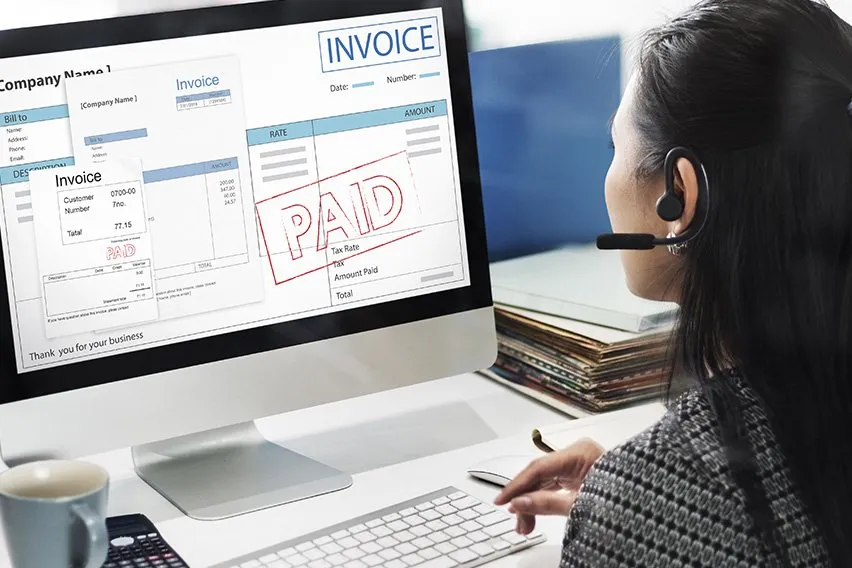 Do You Know How to Pay Your UK Gov, VAT Bill Online? Learn How to Pay VAT Online in Our Quick Guide.
Do You Know How to Pay Your UK Gov, VAT Bill Online? Learn How to Pay VAT Online in Our Quick Guide.